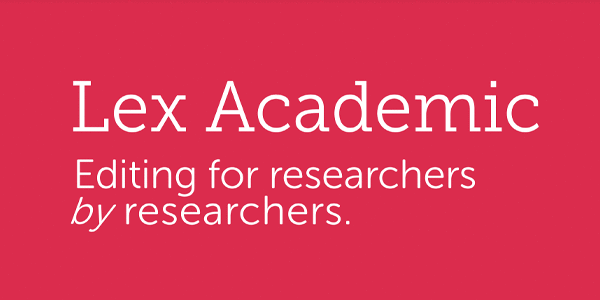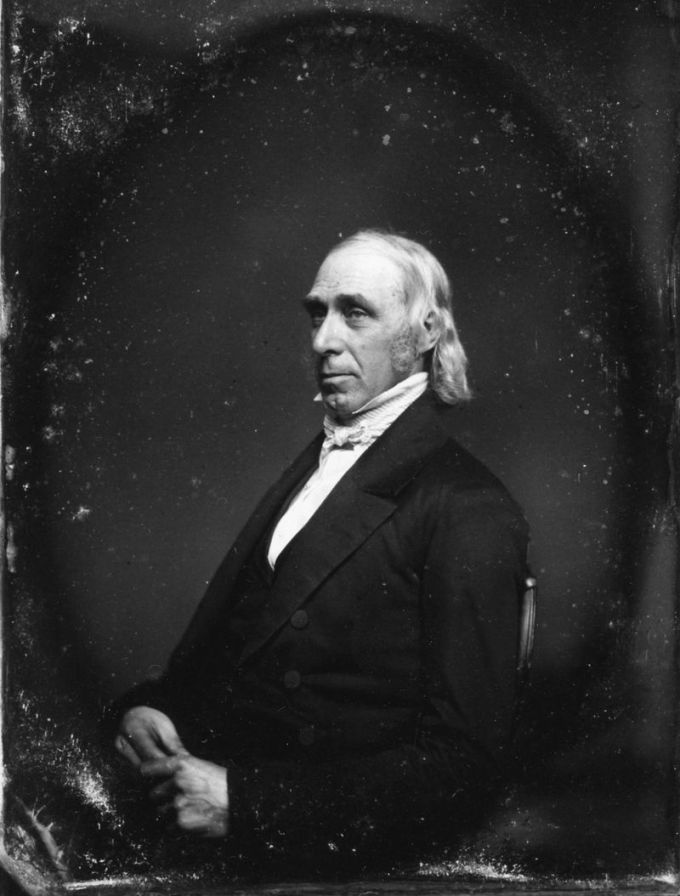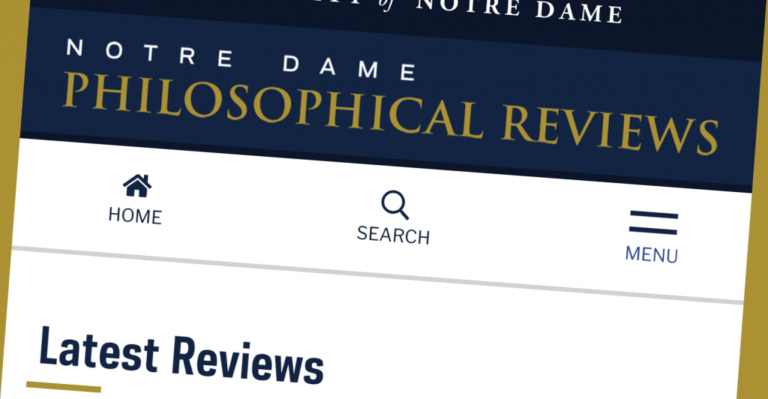

The authors note that “diversity and excellence are not divergent aims… diversity is a component of excellence,” and also add that “managing underrepresentation in philosophy will help with philosophy’s relevance at a time when the value of the humanities is contested.”
Philosophers involved with the project—Sherri Conklin (Colorado), Nicole Hassoun (Binghamton/Cornell), Gregory Peterson (South Dakota State), Michael Rea (Notre Dame), and Eric Schwitzgebel—recently wrote about the recommendations at the Blog of the APA.
The Demographics in Philosophy Project has issued a set of diversity-enhancing recommendations for philosophy department recruitment and hiring practices.
[Namsa Leuba, “TranseA Weke Benin”]
- Reconsider what constitutes a “well-rounded” department. What topics, approaches, and interests have been neglected but deserve representation?
- If your department is unfamiliar with a desired research area, reach out to experts in other philosophy departments, or in other disciplines, for feedback on assessing candidates.
- Re-evaluate your department’s perception of prestige.
- Refine the notion of prestige by getting a clearer understanding what counts as the top journals or conferences in the subfield relating to the applicant’s specialty.
- Instead of focusing on prestige, focus instead on the quality of the applicant’s work, how interesting or relevant it is to their sub-specialty, and how relevant it is to the job description requirements.
- Consider removing markers of prestige when making hiring and tenuring decisions.
- Agree in advance about what the department is looking for when hiring new faculty.
- Evaluate whether your conception of “core philosophy” and/or the mission of your philosophy program needs updating and discuss what you are looking for in a “good candidate”.
- These definitions should include expectations about, for example, the number and quality of publications to prevent holding different applicants to different standards.
- Before considering applications, identify how items in the job description will be weighted for each applicant.
- Develop clear guidelines for the evaluation criteria and adhere to them.
- Take special care to ensure that any non-anonymous parts of the review process do not omit, or unfairly disadvantage, applicants from underrepresented groups.
- Attend to your regional context as well as the overall global context (e.g. the importance of including adequate geographical and indigenous representation in your department).
- Re-evaluate applications with high diversity ratings to determine whether bias played a role in excluding the applicants from getting an interview or in the interview process.
- Consider giving diversity-related contributions more weight when evaluating applicants.
- Keep in mind that being a member of an underrepresented group in philosophy can require additional labor, burdens, stressors, and expectations, which is often not recognized.
- Keep in mind that philosophers from underrepresented groups are often expected to take on a disproportionate amount of service work in addition to their research.
- Learn about the issues that underrepresented colleagues typically face so that you can advocate more effectively with difficult colleagues for faculty retention and promotion.
For the full list of suggestions see the original post.
Here are some of their suggestions:





